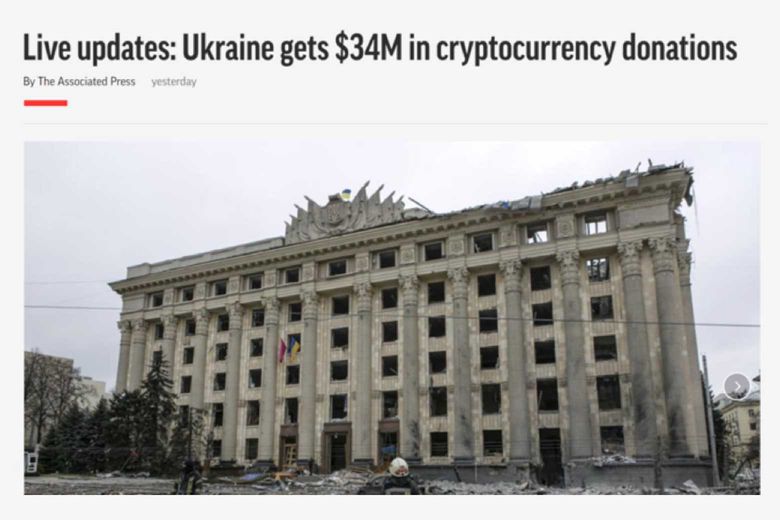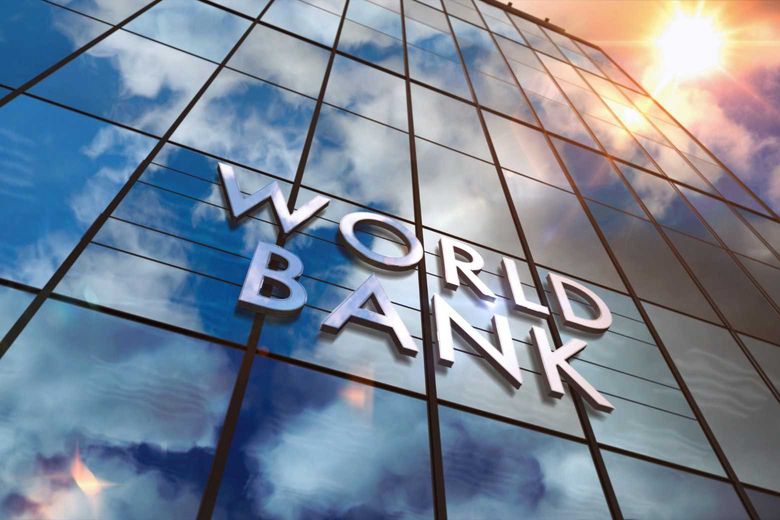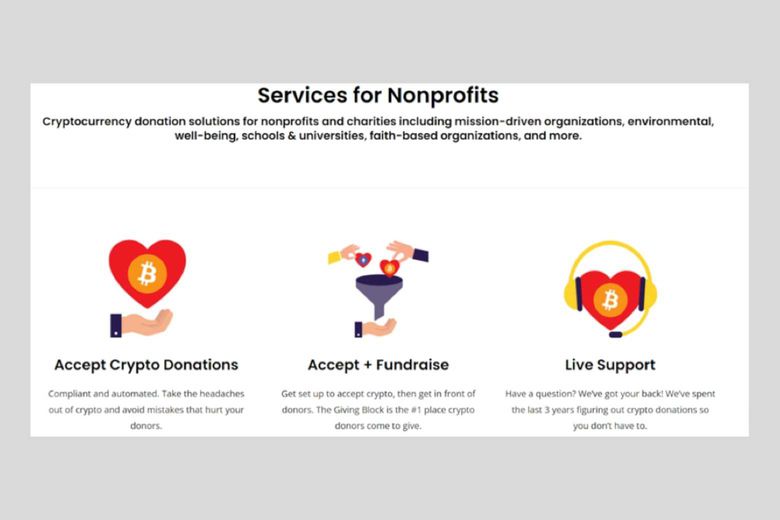
Vimal Patel11/03/22
6 min read

Cryptocurrencies are quickly emerging as a viable and valuable source of large donations for charities.
The likes of bitcoin and ethereum are being used to support third-sector organisations and good-cause projects across the globe, with average donations far outweighing those of regular currencies.
A report, by The Giving Block, showed that cryptocurrency donations to charitable organisations increased by more than 1,500 per cent in 2021. The average crypto donation was about $10,000 - compared with an average cash donation of $128.

While the vast majority of the public are donating in traditional currencies, the fact that this new wave of digital donations has such incredible potential should spark ideas within UK charities and lead them to set plans in motion to take advantage of this opportunity.
As an agency who specialises in website development for charities, we understand the desire from the third sector to innovate and broaden the range of channels on which they can increase support, but we are also fully aware of the challenges that new technologies and methods bring.
One simple example is how to accept and process cryptocurrencies, but there are platforms which can help and there are examples of where charities are beginning to develop such opportunities.
Following the devastating Russian invasion of Ukraine, cryptocurrencies became an even hotter topic. A week after the war began, $34million had been donated to Ukraine’s government and other organisations.
Most of those donations were in bitcoin and ethereum, while some people had even sent NFTs (non-fungible tokens) to the Ukrainian government.

The events in eastern Europe show how the concept of donations to good causes is changing. From rattling buckets in the high street, charities now need to explore these types of currencies which many people still know very little about.
To help, here’s a quick rundown of what a cryptocurrency is and how it’s created:
While it seems highly likely that cryptocurrencies - or at least, some form of digital payments - are here to stay, it is fair to say that their future is unclear. As they become more mainstream, regulatory authorities have shown more interest in them, with the International Monetary Fund and the World Bank questioning their role.

That could result in higher levels of policing which could, in turn, make them more attractive to a wider audience. The World Bank has already expressed a preference for central bank digital currencies (CBDCs) instead of privately-held cryptocurrencies.
Whatever the future holds, the fact remains that cryptocurrencies have been accepted in some charity circles. It has been reported that, in 2020, 45 per cent of crypto investors donated $1,000 or more to good causes.
In the United States, Crypto Giving Tuesday has been born and some big charity names have implemented processes to accept digital donations. Save the Children was the world’s first such organisation to accept a bitcoin donation back in 2013, and provides details on their website about how to support the charity using crypto.
There are also numerous examples of artists and creators supporting charities through developing NFTs, which are bought via cryptocurrencies. All of this highlights why charities should be taking this new form of support seriously.

When dealing with cryptocurrencies, it can perhaps be disconcerting that you will never be able to get your hands on something tangible. Even though online donations via payment systems such as PayPal appear in bank accounts as simply numbers, you have the option to withdraw that cash and hold it in your hands. It feels more real.
It is understandable for charity trustees to question the actual value of cryptocurrencies - what can they actually be used for other than other virtual transactions and how is that practically useful? Are they purely for investment purposes?
Fortunately, platforms are springing up to be able to answer those questions. One of those is The Giving Block, used by Save the Children, International Medical Corps and more than a thousand other organisations.
The platform says that it ‘provides an ecosystem for nonprofits and charities to fundraise bitcoin and other cryptocurrencies, be found by crypto donors, receive funds instantly, and become part of a network of crypto media partners to support their missions’.

There are also some very useful reports on cryptocurrencies and blockchain technologies on the Charities Aid Foundation website, including how blockchain could transform the way charities are regulated.
And the Guardian ran an interview with a representative of the RNLI, part of which will resonate with many charities. About cryptocurrencies, the charity said: “Any initial reservations were often based on a lack of knowledge. There have been negative stories and we discussed these, but we felt that, on balance, this was a technology that we should know more about.”

While innovation can lead to long-term success, it inevitably raises initial questions and concerns. While change is constantly required to push society forward, the uncertainty that comes with it leaves many people and organisations anxious.
Clearly, cryptocurrencies fit into that bracket. Whether it’s the RNLI admitting to initial reservations but ultimately wanting to learn more, or the WWF pulling the plug on a planned NFT auction following criticism from environmentalists, there are legitimate questions around these digital payments.
As already outlined above, stricter regulations might change the crypto market - for better or worse - and even investors are unsure about the rights and wrongs of donating to charities.
In a survey conducted by Fidelity Charitable, more than half of crypto investors said they weren’t sure if they could even donate, while 44% of those who had donated said the process was challenging.
Clearly, more work needs to be done in this area - from charities and regulators - but there are hugely positive signs. Cryptocurrency donations are increasing and they have a future in the charity space - in whatever form that takes.
Digital currencies have such a strong foothold now that it is a pretty safe bet to say that they’re not going anywhere.
While questions and concerns surround cryptocurrencies, the fact that the equivalent of millions - if not billions - of dollars have been donated surely should at least begin discussions around the trustees’ board table.
As Pat Duffy, co-founder of The Giving Block, says: “As an emerging source of fundraising, individuals from all corners of the crypto community - from anonymous donors to industry leaders to NFT artists - have shown an eagerness to embrace their capacity as supporters of important causes, from animal rights and disaster relief to mental health awareness and cancer research.”